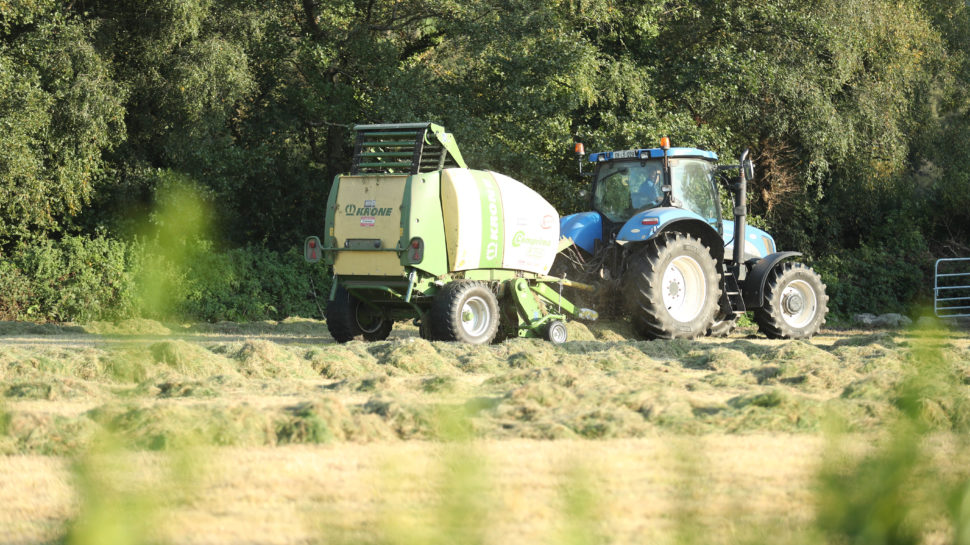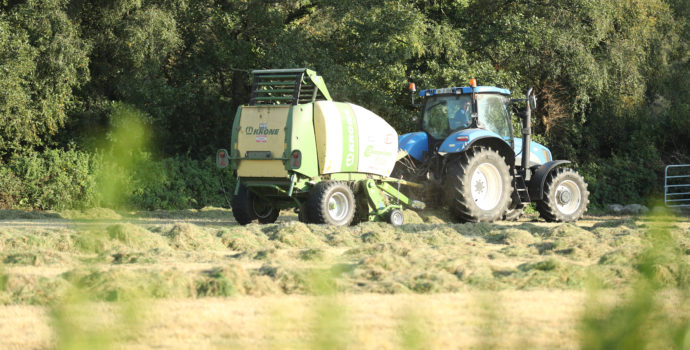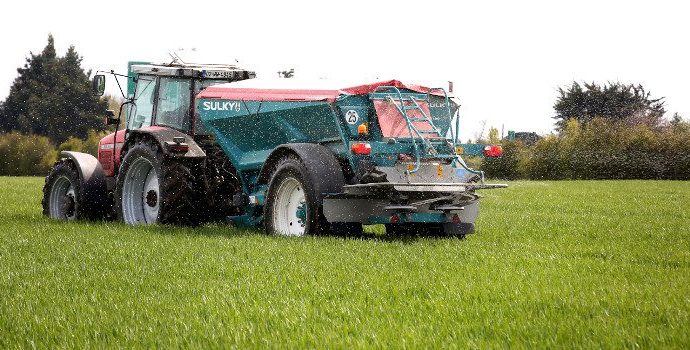Farmers Need Support to Deal with Unprecedented Inputs Price Hike

Today’s CSO figures show that better prices for farm commodities are being wiped out by unprecedented increases in the cost of inputs.
Even though prices paid to farmers are up nearly 30%, the hike in input costs is running at 40%.
IFA Farm Business Chair Rose Mary McDonagh said ‘It’s simply just not sustainable at current levels, and the fear is where costs will go in the months ahead with all the volatility on international markets, from multiple perspectives”.
“Farmers cannot be expected to carry on regardless. Many operations will simply go out of business if targeted measures aren’t introduced. Unlike others, farmers haven’t the luxury of being able to pass on the added cost of production to others, and so cannot be left to carry all the risk,” she said.
Aggregate agricultural output prices rose 1.7% in June vs. May levels, with a welcome uplift in pig prices (+8.1%) the main driver. On an annual basis, aggregate output prices were up +29.8% in June ’22 vs. June ’21, with positive gains reported across all sectors: cereals (+34%); beef (+27%); pigs (+8.2%); sheep (+12%); poultry (+7%) and milk (+44.7%).
However, the benefit of increased output prices has been superseded by the phenomenal rise in agricultural input prices – up 40.2% year-on-year. This means any farm gate price increases are completely eroded, and more with it. Although they are showing some signs of easing, they are a long-way off ‘normal levels’.
The largest annual prices increases were in select fertilisers (+181.6%) and feedstuffs (+45.6%); with motor fuel (+10.2%) recording the largest monthly increase.
“Budget ‘23 will show how much the Government truly understands the on-farm challenges arising from the inputs price hike. A series of tangible measures will be required, plus the retention of key existing agri-taxation relief/measures to minimise on-farm costs of production (e.g. rebate for carbon tax) and support for sustainable growth; agricultural activity asset transfer (e.g. Agricultural Relief), and balanced rural development,” she said.




